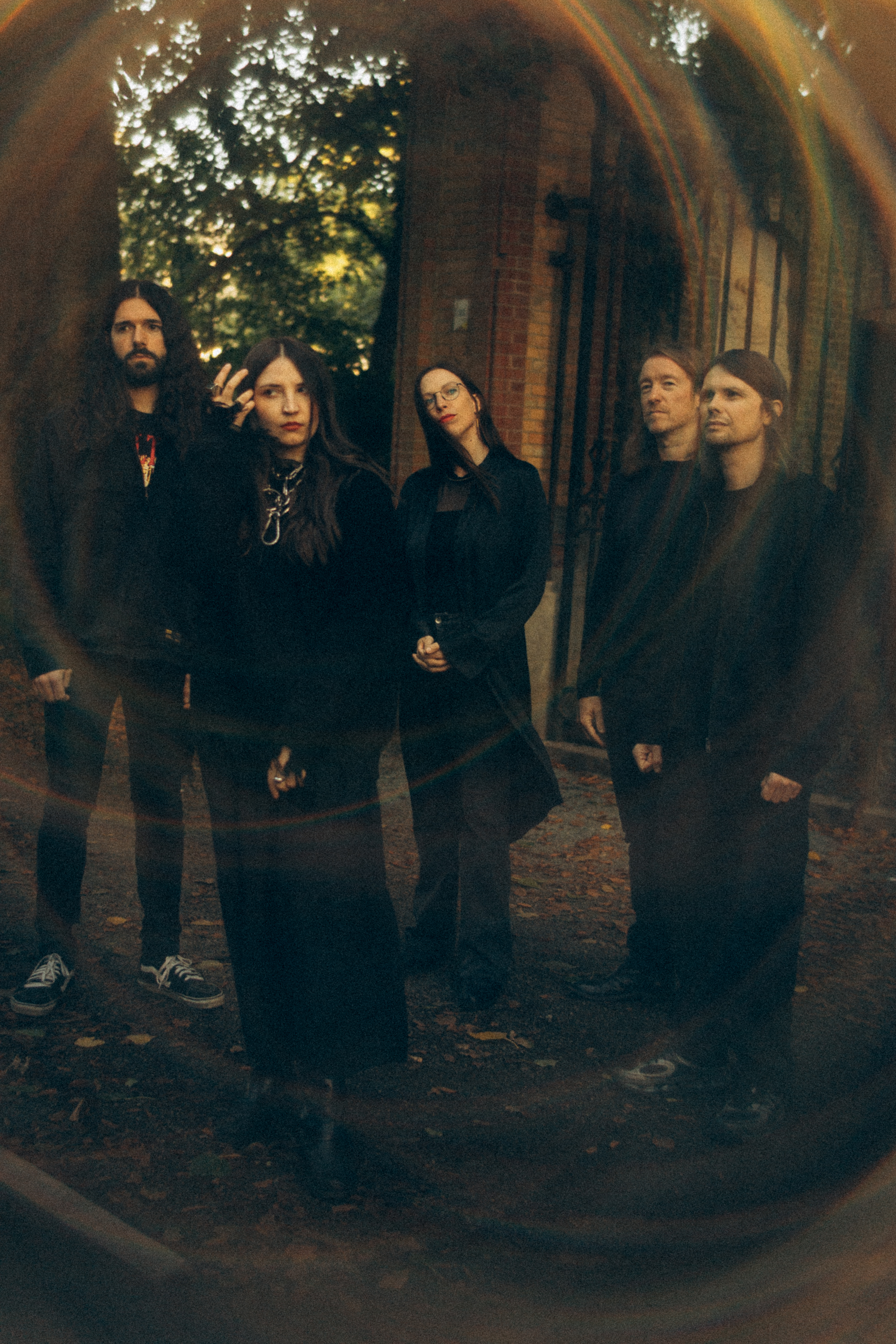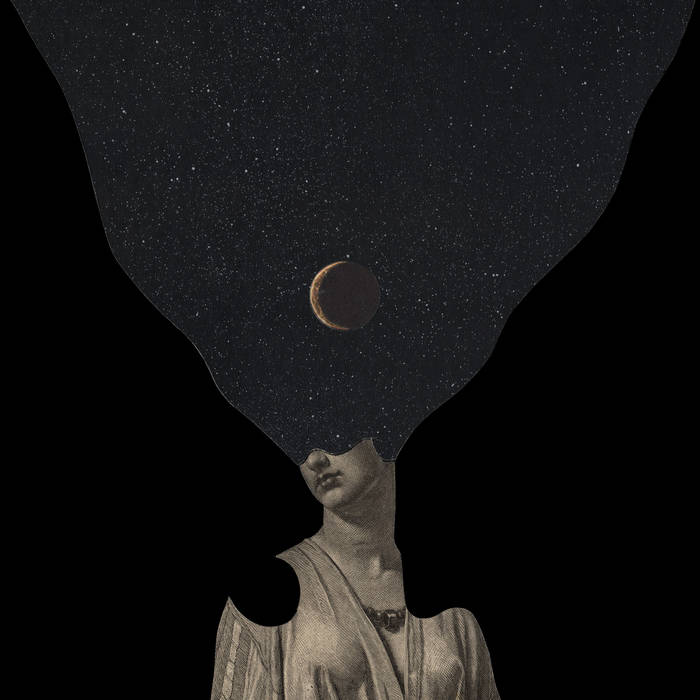Post-Rock is one of those highly variable genres which can adapt a lot of different styles - Of The Vine’s new album demonstrates that with being Post-Rock, Doom and Shoegaze - all equally and all perfectly.
“I really messed it up this time” - hell, how wrong can a line from a new song be? Atlanta, Georgia’s Of The Vine are due to release their third regular release (which again needed five years to see the light of the night) called Left Alone via A Thousand Arms and dunk!records at the beginning of May and they show why someone called them “the prettiest doom band you’ll ever hear”. No, this is neither doom, nor metal. Nevertheless there is something about this band that one could link to Doomgaze bands like Spotlights; or, depending on one’s preference, to post-rock bands like Pray for Sound; still, Left Alone is not even in the middle of those poles or circling on any equator between them – one should not try to categorize Of the Vine because any attempt is set to fail from the start. Thus a look at the real music is necessary.
Taking two songs from the record apart will provide some insight on why this record should be on every post-rock Albums of the Year list at the end of 2020: Left Alone starts off with something the band hasn’t done before – vocals, though too unclean and non-intelligible, have never been part of the OtV-experience and very often this comes as an unpleasant surprise to post-rock listeners, especially if the song doesn’t follow the aforementioned pattern. The song uses a kind of doom structure with the slow fading of revved up guitar lines then meandering into strong moments of “non-existence” where only the simple but highly effective drum parts keep the song alive just long enough for another wave of distorted, now more coherent heavy guitar riffs to fall into place. Roughly at halftime through the song, the band incorporates some melancholic, less power-based guitar lines accompanied by a great sequence of cymbal-ladden drumming followed by blastbeats before the whole song collapses into simple wavey guitars within seconds. That “silent” collapse and ending comes more abrupt than any distorted breakdown heard in heavy post-rock recently. The song ends with a long outro of nearly two minutes playing with small guitar motifs reaching out to each other and the melancholic unintelligible singing underlines the keyboard spheres added to spread the sadness of “being left alone”. The second example taken from the six-song, 44-minute record would be “Messed it up” which is a really beautiful song on the musical surface playing with nice and beaming guitar licks that topple over each other like 1-year-old toddlers wanting to play but also hurting the other. That beauty is contrasted by the lyrics “I really messed it up this time / Will I ever forgive myself / Will you ever look at me again” - this is not Shakespearean quality poetry, but the song is a brilliant example of how the delivery determines the quality of a vocal performance and not the words themselves. Those contrasts born from the pain of loss and loneliness due to personal mistakes are key to understanding the record, not that it is necessary to bring up the everlasting black-white-schemes again, but with this record it must be mentioned that the despair behind it all is not an external one, it is the despair because of oneself, because of one’s own mistakes and blunders that might drive the “narrator” into the sad screams right at the start of the record and with which he has to cope.
The record is more than your regular post-rock or doomgaze record because the quartet is able to perform any given musical style, which speaks for their musical talent. Taking the time to sit down and listen to this record with headphones on, you can find so many small details that it might cause severe headscratching how in the name of the lord of crescendos and construct-and-collapse songwriting structures this band was overlooked? Well, maybe because they do not use those “simple” notions but more complex ideas of how to convey the idea behind their music.








